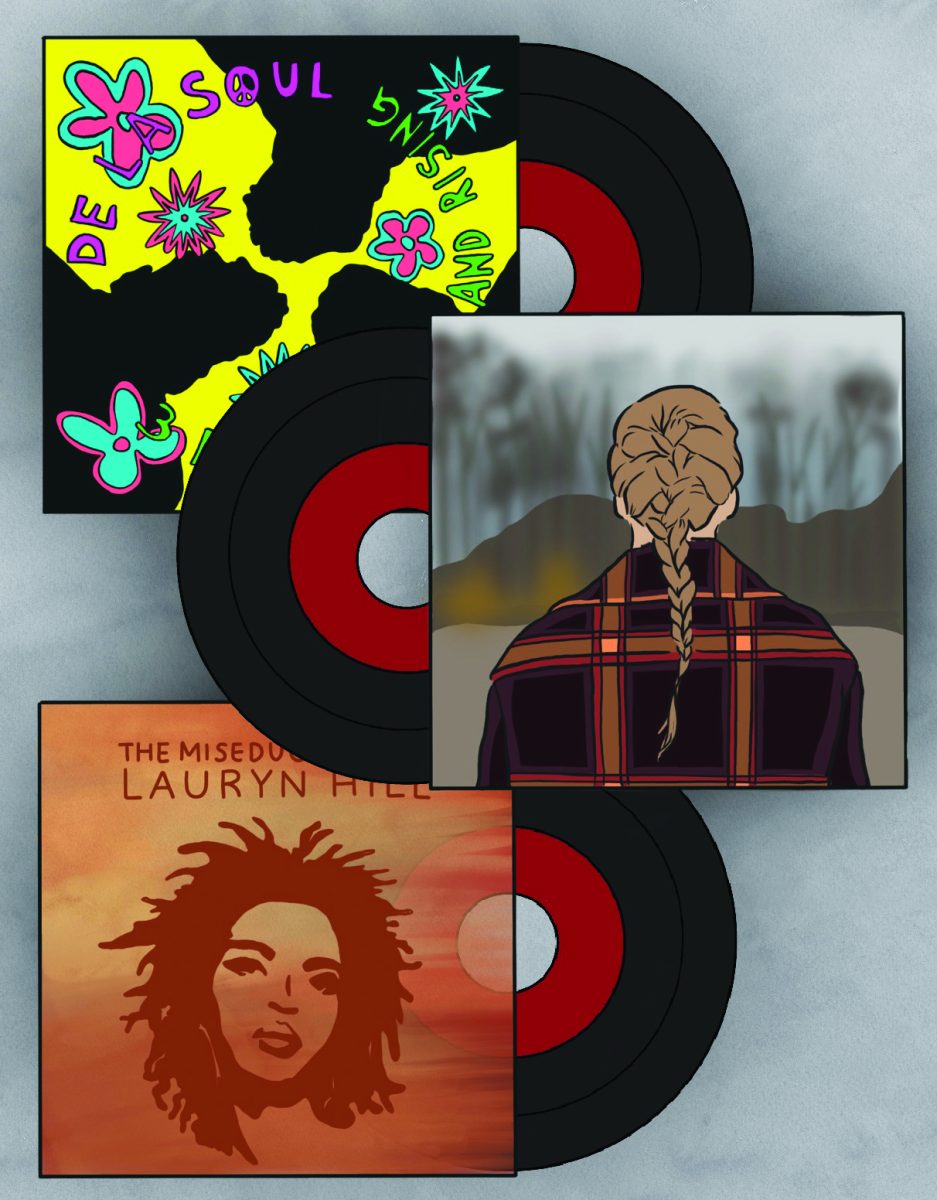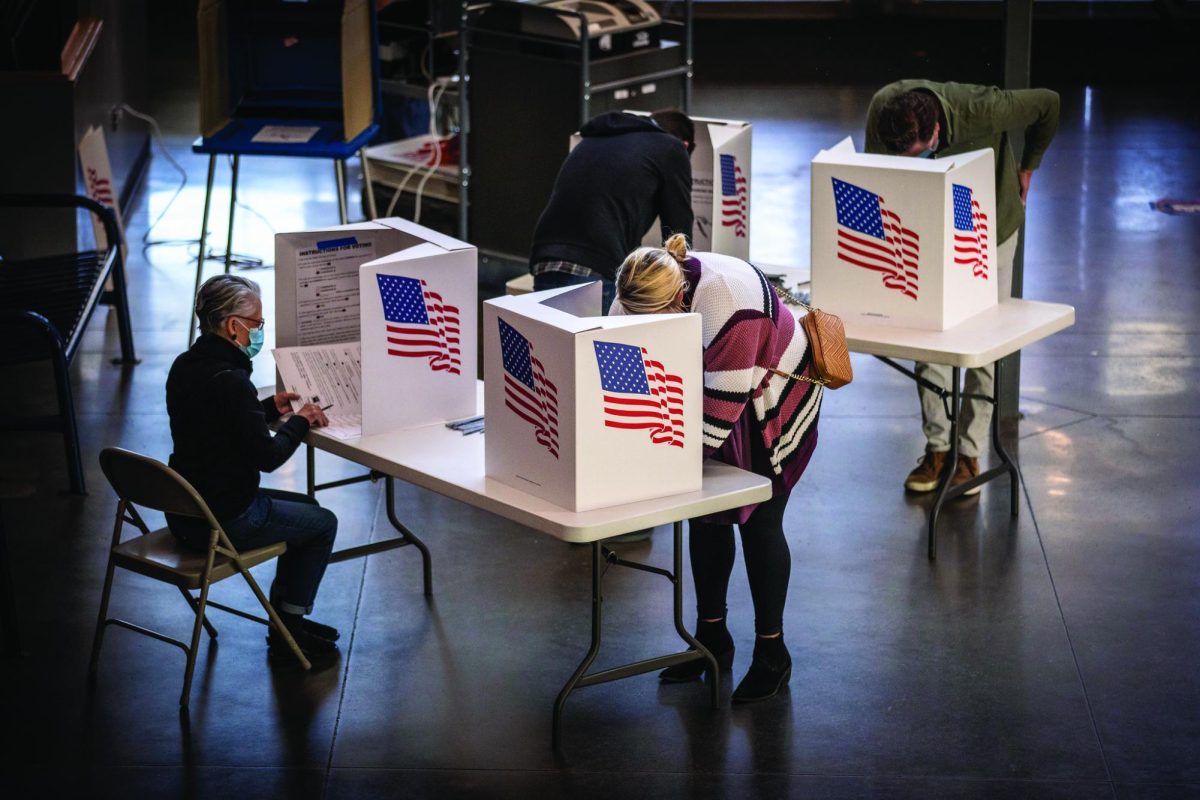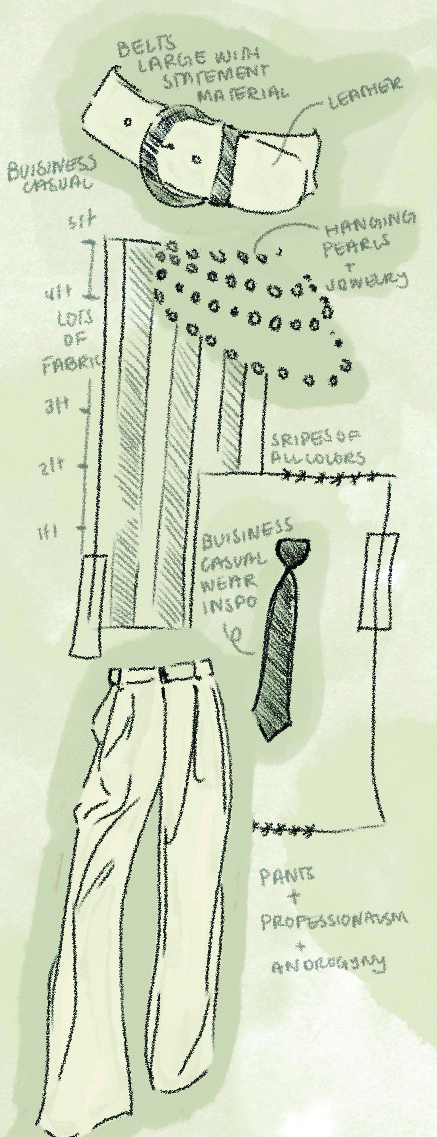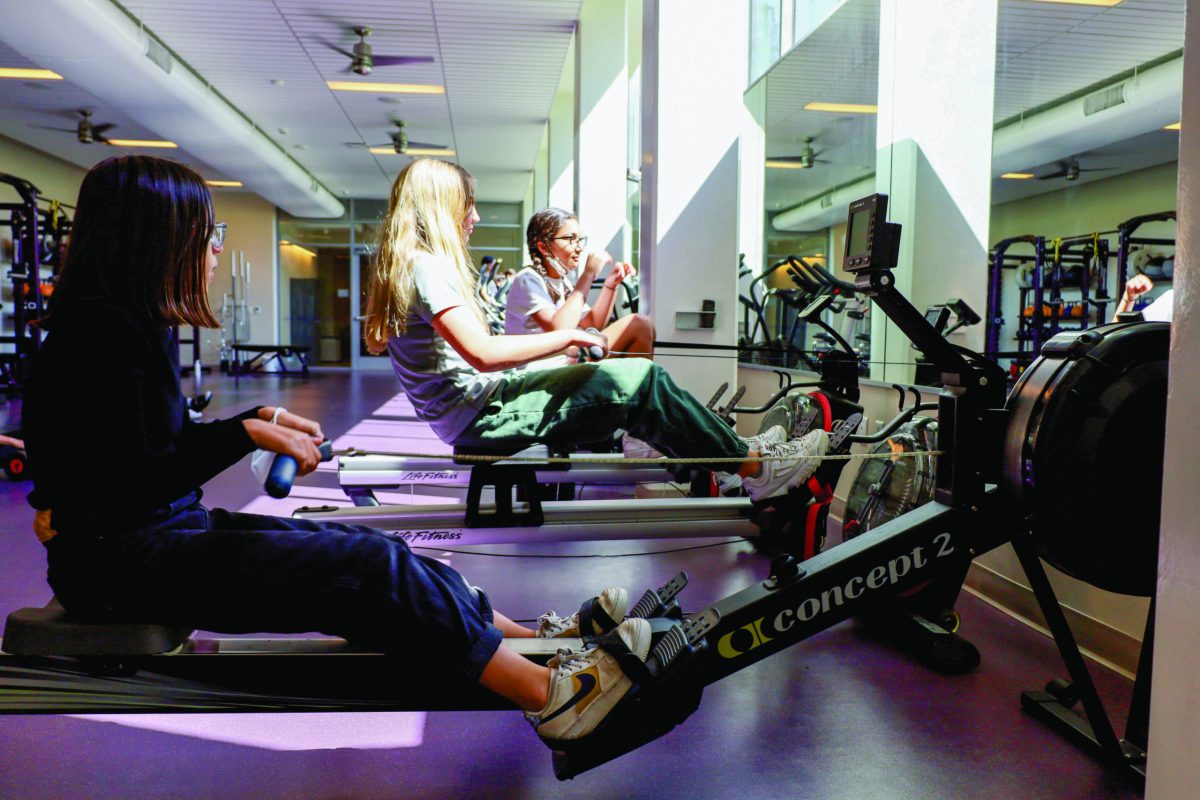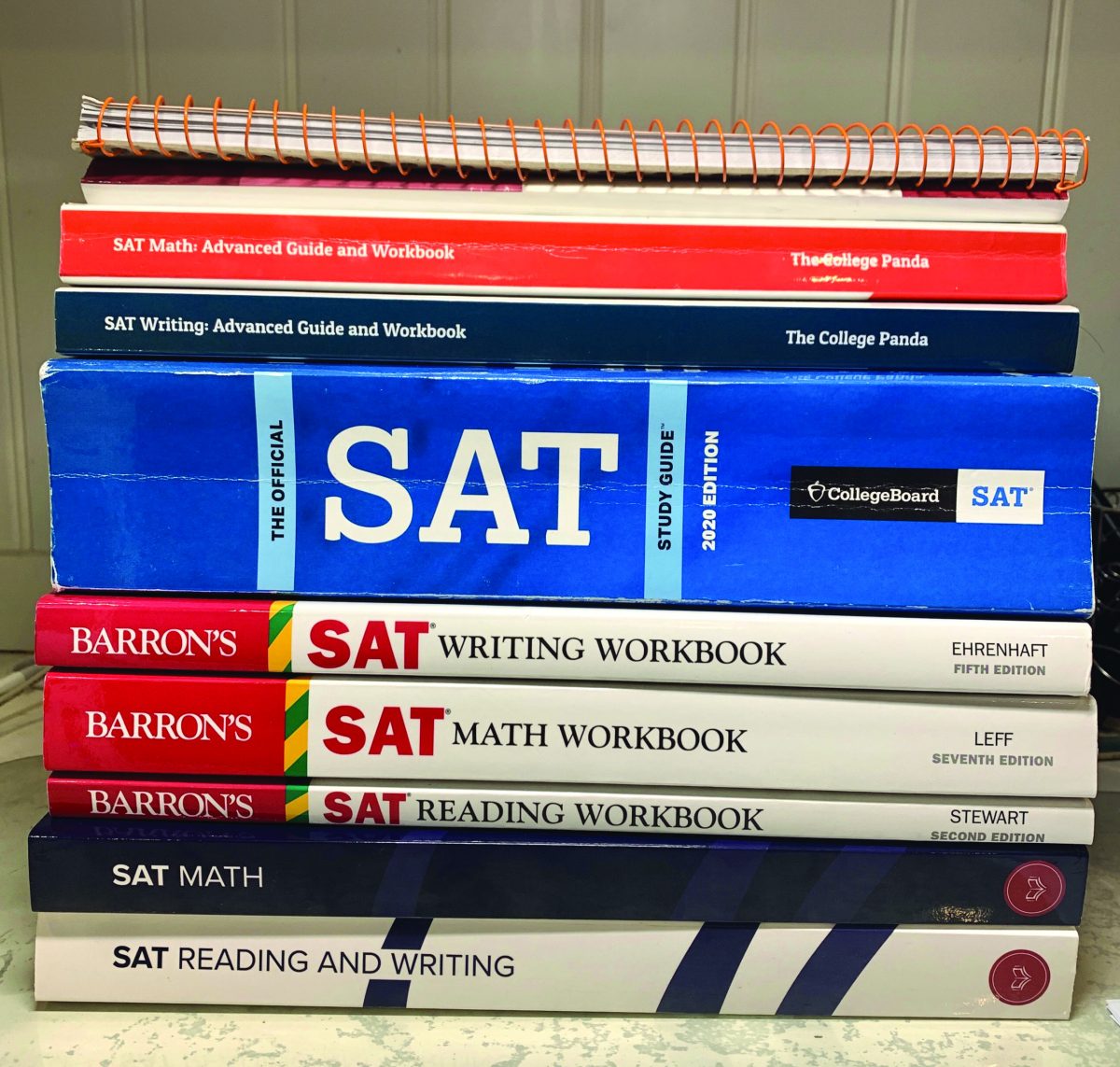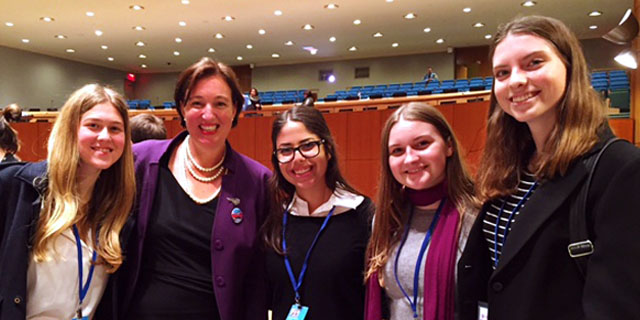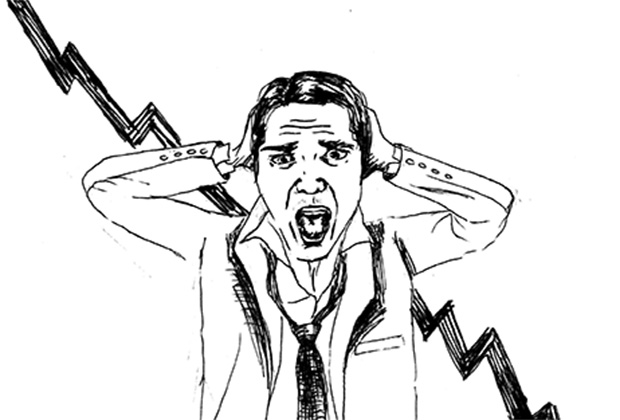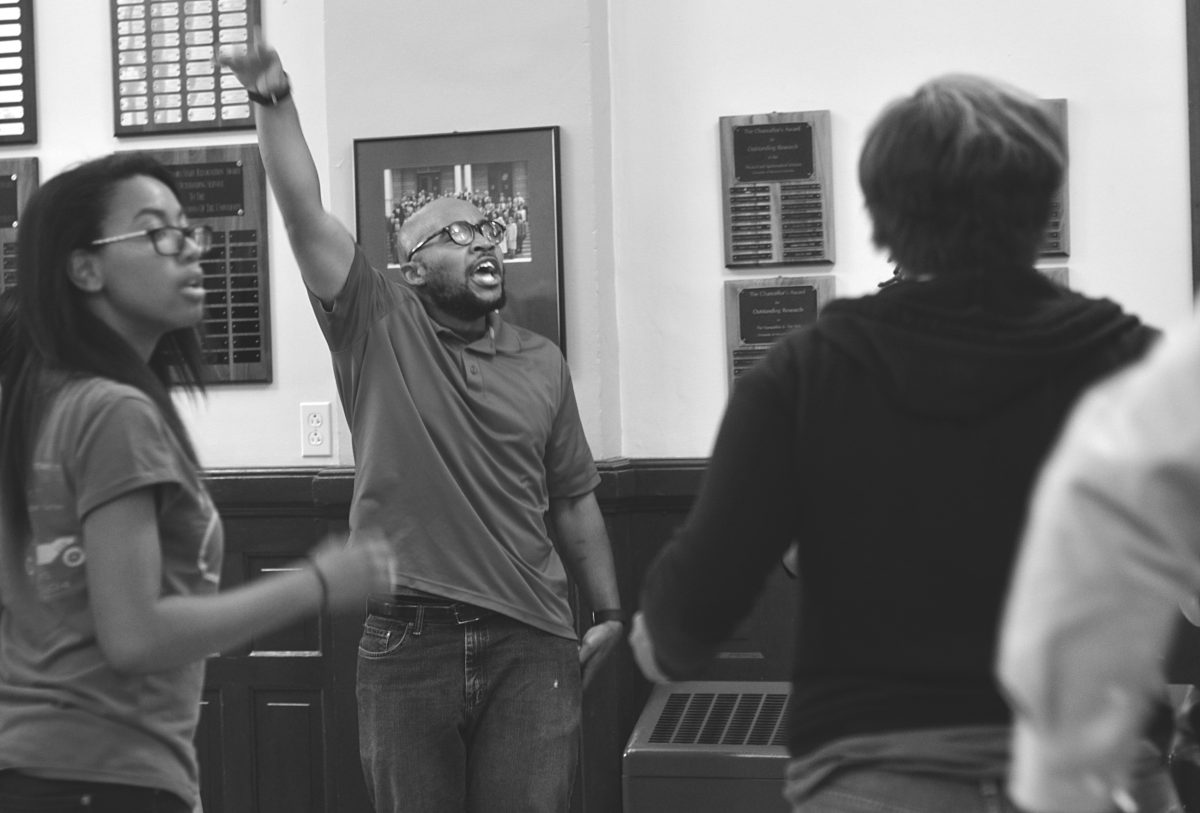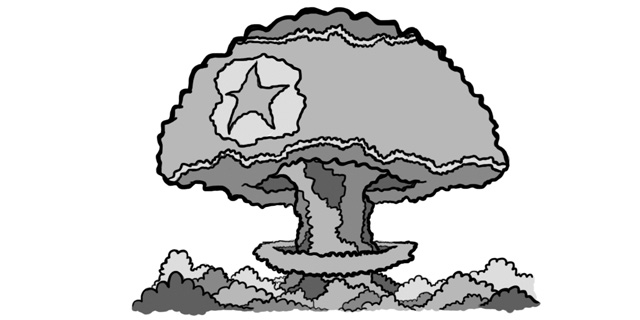
In recent months, Ukraine’s ongoing financial crisis has sparked a profound conflict between Russia and the Western Powers. Ukraine’s economy has been in decline, shrinking by almost 15% in 2009. In an attempt to quickly relieve the increasingly problematic financial situation, former Ukrainian president Viktor Yanukovych withdrew from a potential agreement that bound Ukraine more closely with the European Union (EU), and instead looked to Russia for aid, which led to unrest and violent protests in Kiev, Ukraine’s capital.
The Ukrainian pro-western protesters’ goal was for President Yanukovych to sign the agreement with the EU, bringing Ukraine closer to free trade, Western political allies and, potentially, EU membership. This new agreement would have allowed Ukraine to move away from its dependence on Russia, which has dominated foreign policy since its independence from the Soviet Union in 1991. However, Yanukovych claimed that the country would not survive sanctions that would have been imposed by Russia if Ukraine had strengthened its ties with the EU. Ukraine is highly dependent on Russia’s gas exports, which support 60% of the nation’s supply. The protests in Kiev became so violent, resulting in nearly 100 casualties, that the government and the protesters sought to find resolve in an agreement on Feb. 21. The agreement insisted on a new national unity government and the possible amendment of a law that resulted in the jailing of Yulia Tymoshenko, Ukraine’s former Prime Minister and leader of the Orange Revolution in Ukraine. The protesters were pleased with much of the agreement but refused to back down until Yanukovych resigned from power. Yanukovych ultimately fled the country and sought seeked to find protection within the borders of Russia.
In response to the Ukrainian protests, on Mar. 1 Russian president Vladimir Putin initiated military action by sending disguised Russian troops to the Crimean Peninsula in Ukraine in order to protect ethnic Russians living in the region from Ukrainian nationalists who claim to have feared that the new Ukrainian government would oppress them. Crimea is inhabited by two million residents, most of whom speak Russian, and over half of whom identify themselves as Russians. Crimea is an autonomous region with its own constitution and parliament. The capital, Simferopol, has its own administration that is separate from the rest of Crimea. Since 2010, Russia has been in a lease agreement with Ukraine that gives them legal rights to the territory for their Black Sea Naval fleet.
A referendum in Simferopol was held on Sunday, Mar. 16 to decide whether Crimea should secede from Ukraine and become part of Russia. The ballot gave Crimeans the option to reunify with Russia as a subject of the Russian Federation or to restore the Crimean constitution and grant more autonomy within Ukraine. Neither of the options gave the opportunity for Crimea to remain part of Ukraine. Given Crimea’s close history with Russia, 93% of the population voted in favor of joining Russia. Due to the fact that Russian military was involved in the region during the time the elections were held, the Western powers believed the referendum to be fraudulent and illegitimate, threatening Russia with more severe economic sanctions. Although many Crimeans identify themselves as Russians, there is a large community of ethnic muslim Tatars that make up 12% of the population. After being deported from the country during the Stalin regime, the Tatars have had a historically fraught relationship with Russia. The large percentage of Crimean Tatars makes the 93% in favor of unity with Russia seem like an unlikely high level of support.
On Mar. 24, as punishment for Crimea’s annexation, the West removed Russia from the Group of 8, or G-8, before the economic summit in June. As of Mar. 20, the EU has imposed sanctions upon 33 Russian individuals, some of whom may be in Putin’s circle of advisors. The U.S. has imposed additional sanctions on 20 individuals, including Putin’s private banker. These sanctions, which include visa bans and asset freezes, targeted those who were involved with the referendum in Crimea. President Barack Obama has said that he believes these sanctions will have a profound effect on the Russian economy and the global economy as a whole.
As a reaction to sanctions imposed by the U.S. and the EU, Russia has implemented entry bans on American lawmakers and senior White House officials.
Today, thousands of Russian soldiers have surrounded the Ukrainian border, although they claim they have no intention to cross it. Given Russia’s justification for entering Crimea to protect the Russian population living in the region, other countries with similar historical ties to Russia fear the same fate. The Baltic States, including Latvia, Estonia and Lithuania, have looked to the Western Powers and their NATO allies to provide protection for them in case of Russian threats. As a result of the Baltic states’ co-dependence on Russia for economic and agricultural resources, sanctions from Russia could lead to grave consequences for these states.

